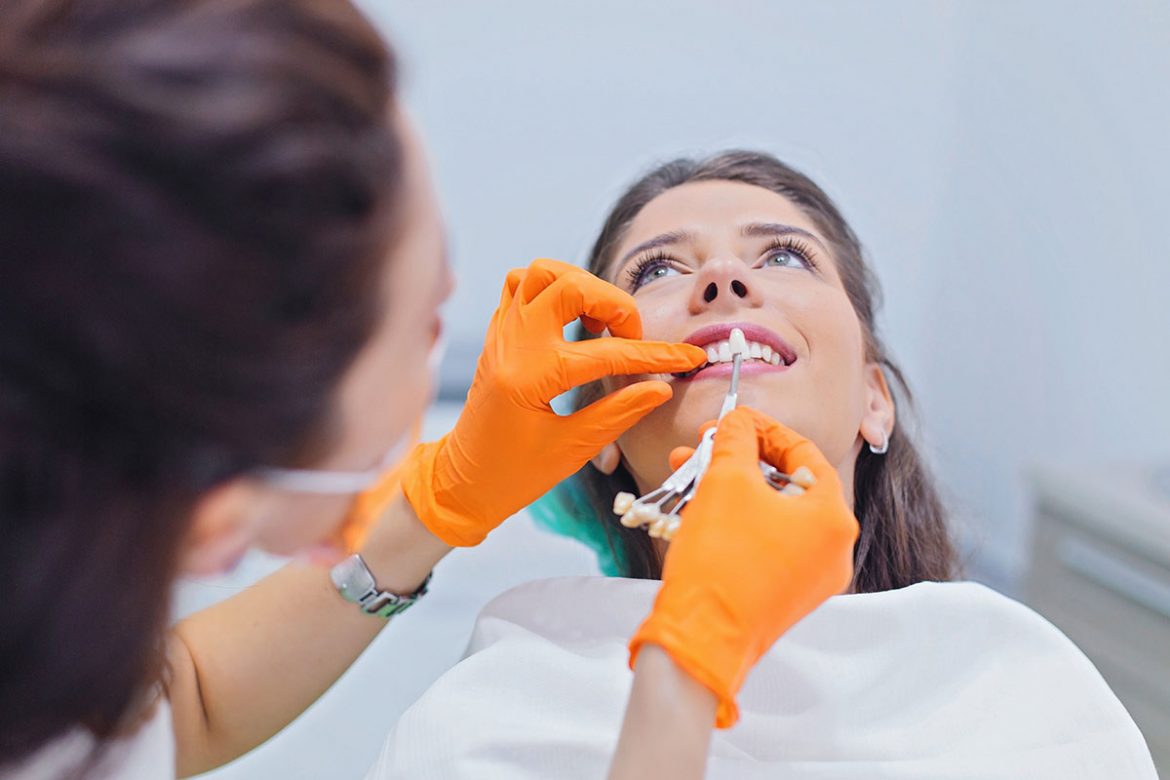Dental X-rays (radiographs) are images of your teeth that your dentist uses to evaluate your oral health. These X-rays are used with low levels of radiation to capture images of the interior of your teeth and gums. This can help your dentist to identify problems, like cavities, tooth decay, and impacted teeth.
Dental X-rays may seem complex, but they’re actually very common tools that are just as important as your teeth cleanings.
Dental X-rays are typically performed yearly. They can happen more often if your dentist is tracking the progress of a dental problem or treatment.
Factors affecting how often you get dental X-rays may include:
- your age
- your current oral health
- any symptoms of oral disease
- a history of gum disease (gingivitis) or tooth decay
If you’re a new patient, you’ll probably undergo dental X-rays so that your new dentist can get a clear picture of your dental health. This is especially important if you don’t have any X-rays from your previous dentist.
Children may need to have dental X-rays more often than adults because their dentists might need to monitor the growth of their adult teeth. This is important because it can help the dentist determine if baby teeth need to be pulled to prevent complications, such as adult teeth growing in behind baby teeth.
While dental X-rays do involve radiation, the exposed levels are so low that they’re considered safe for children and adults. If your dentist uses digital X-rays instead of developing them on film, your risks from radiation exposure are even lower.
Your dentist will also place a lead “bib” over your chest, abdomen, and pelvic region to prevent any unnecessary radiation exposure to your vital organs. A thyroid collar may be used in the case of thyroid conditions. Children and women of childbearing age may also wear them along with the lead bib.
Pregnancy is an exception to the rule. Women who are pregnant or believe they may be pregnant should avoid all types of X-rays. Tell your dentist if you believe you are pregnant, because radiation is not considered safe for developing fetuses.
Dental X-rays require no special preparation. The only thing you’ll want to do is brush your teeth before your appointment. That creates a more hygienic environment for those working inside your mouth. X-rays are usually done before cleanings.
At the dentist’s office, you’ll sit in a chair with a lead vest across your chest and lap. The X-ray machine is positioned alongside your head to record images of your mouth. Some dental practices have a separate room for X-rays, while others perform them in the same room as cleanings and other procedures.


Comments are closed.